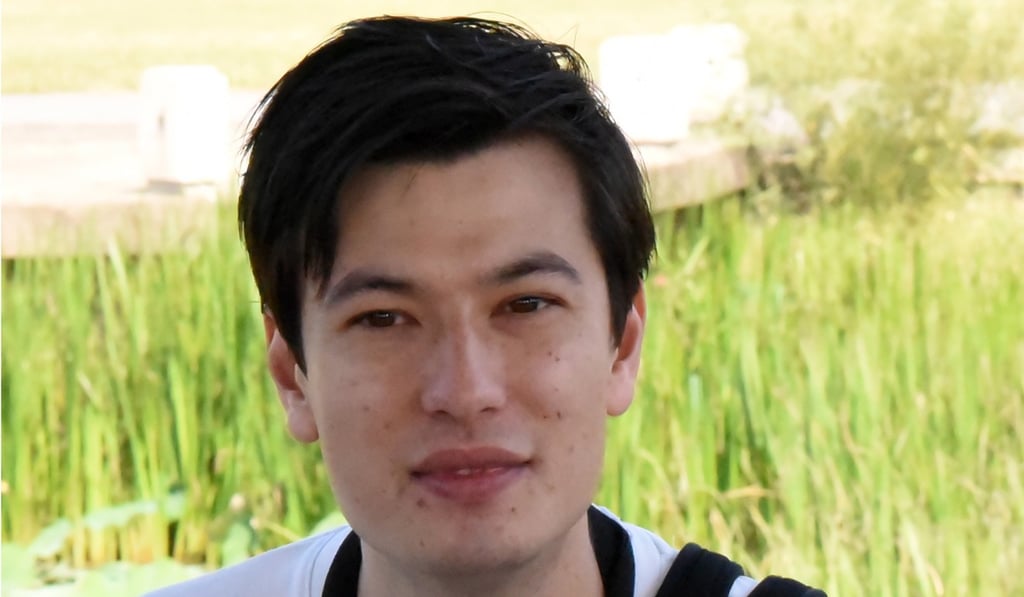As Australian PM Scott Morrison prays, Sweden steps up as mediator for missing Alek Sigley in North Korea
- Stockholm has long served as a channel for countries that don’t have formal relations with Pyongyang to make contact and work through disputes with it
- The Nordic nation is ‘dealing with’ the case of student Alek Sigley, who has not been heard from since June 23 and is feared detained by the North

Their task has been made all the harder by the fact that Australia, like most Western countries, has no diplomatic presence in the hermit kingdom. Instead of making inquiries directly with North Korean authorities, Australian diplomats have had to rely on an intermediary – Sweden, which has long served as a channel for countries that don’t have formal relations with Pyongyang to make contact and work through disputes with it.
Australian Prime Minister Scott Morrison on Tuesday said the government was working with Sweden but had yet to determine Sigley’s detention or location. As if to emphasise the practical obstacles involved, Morrision, an evangelical Christian, said he was praying for the student’s swift and safe return.
Sigley, who was studying for a masters in Korean literature at Kim Il-sung University in the North Korean capital, hasn’t been heard from since dropping out of contact with friends and family on June 23. Last week, South Korean broadcaster Channel A, citing an unnamed government source, reported that the student had been arrested and detained by North Korean authorities.
